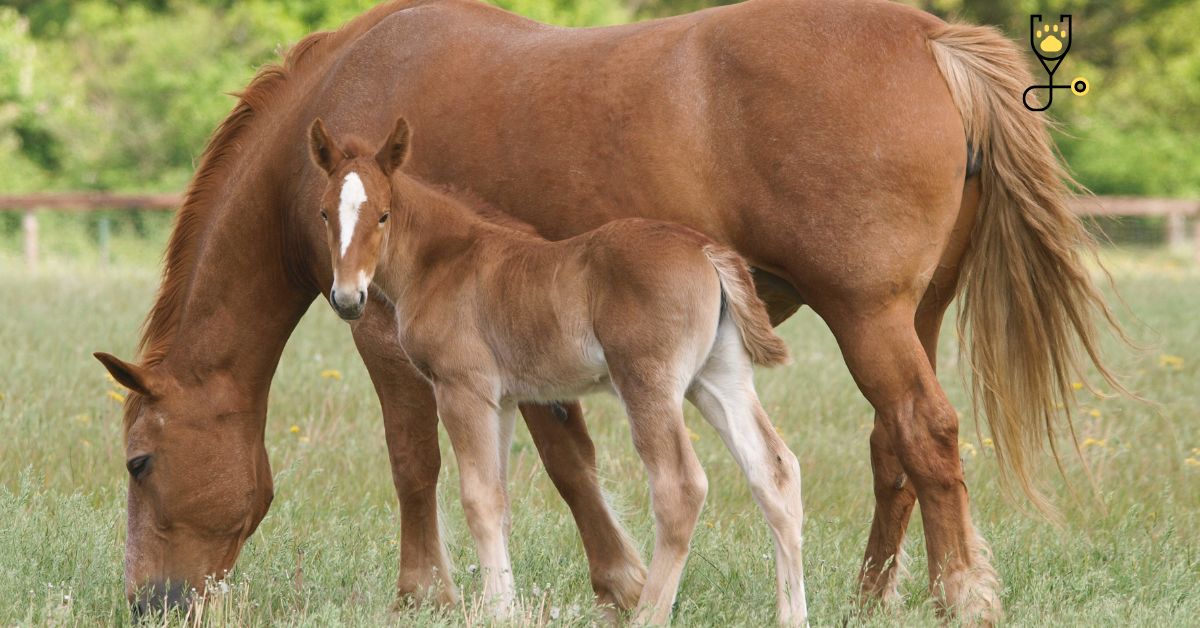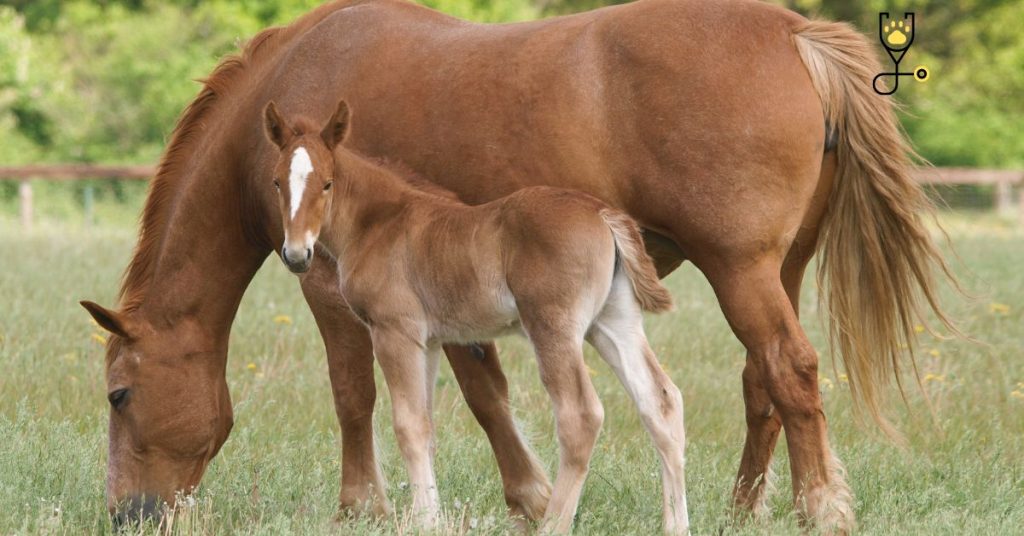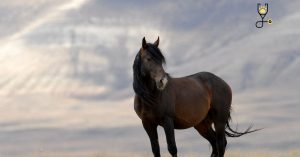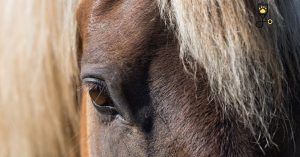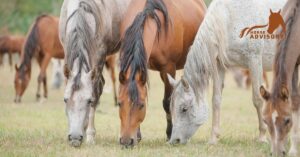No one is really sure where the saying “like a foal” comes from, but it’s often used to describe someone who is clumsy and inexperienced. While it may be true that most foals are clumsy when they’re first learning to walk, they quickly grow into graceful animals. In this blog post, we’ll tell you everything you need to know about raising a foal. We’ll cover everything from feeding them to training them. So, whether you’re a first-time horse owner or just curious about raising foals, keep reading!
What is a foal?
A foal is a young horse, typically between three and twelve months old. They are born after eleven months of gestation, and it can take weeks for the foal to find its feet. During this time, they will need extra care from their owners to ensure that they’re healthy and happy.
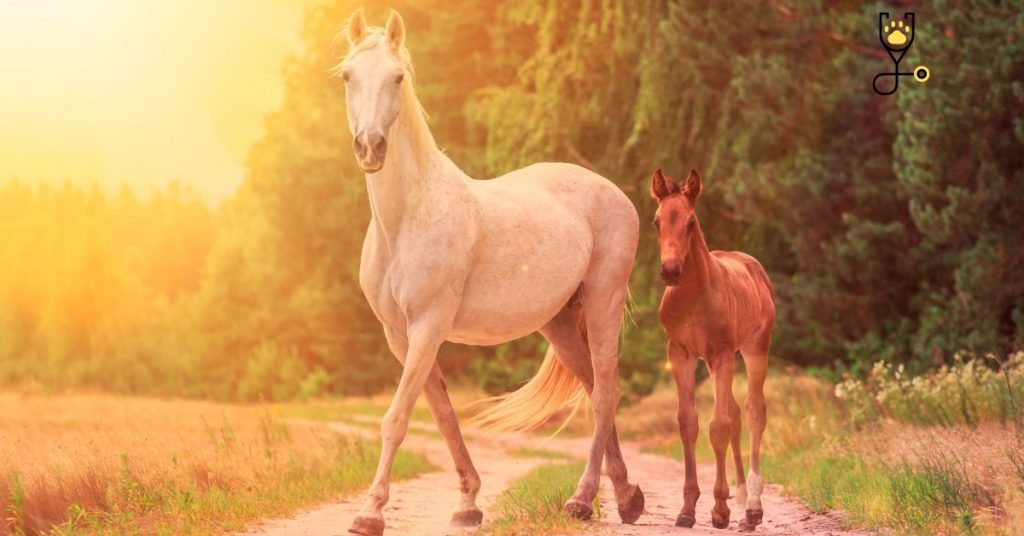
Types of foals
There are two general types of foals:
1. weanlings, which are foals that have been weaned from their mother’s milk.
2. Yearlings, which are foals that have reached one year of age and no longer need to nurse from their mother.
Feeding tips for a foal
1. Foals should be fed a diet of hay, grass, and other grains.
2. Make sure to feed the foal in smaller amounts throughout the day to avoid overfeeding.
3. Provide fresh water for the foal at all times and make sure it is changed regularly
4. Make sure that the foal’s diet is balanced and includes plenty of vitamins, minerals, and proteins.
5. Be sure to monitor the amount of feed that a foal consumes so they do not become overweight or malnourished.
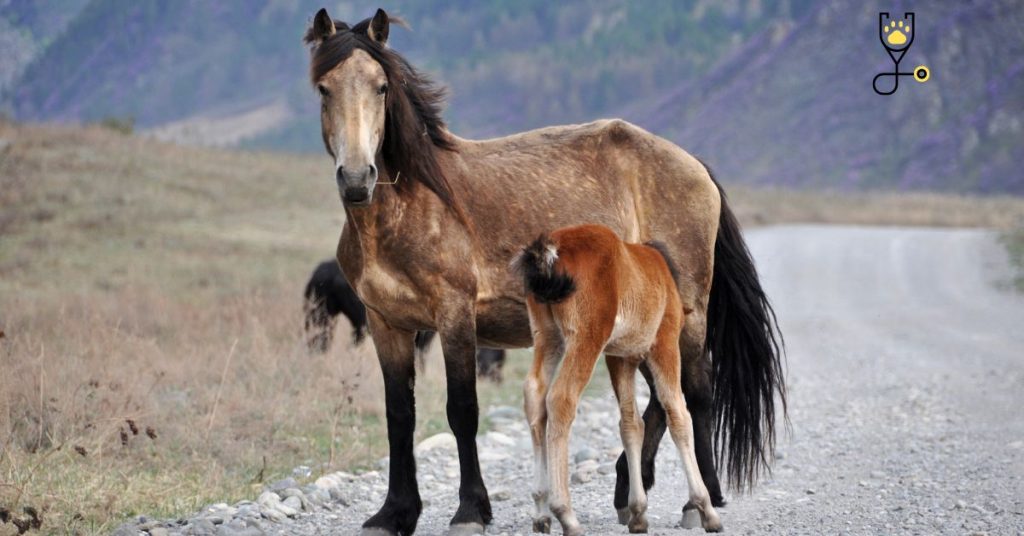
6. Foals should be given supplements if their diet does not provide the necessary nutrients.
7. Foals should not be fed too many treats or sweets as these can lead to digestive problems.
Training your foal
1. Start with basic commands like “walk” and “stop” as soon as the foal is comfortable.
2. Establish a routine of daily grooming, such as brushing and hoof picking. This will help you form a strong bond with the foal and make them more willing to learn commands
3. Introduce the foal to various obstacles, such as jumps and other challenges that they may encounter in their future career or sport.
4. Make sure to take things slow when teaching new skills and activities so that the foal doesn’t become overwhelmed or anxious.
5. Be consistent when training and reinforce positive behaviors with rewards such as treats or praise.
6. Always be patient and kind when working with the foal, and never use harsh methods of discipline.
7. Finally, always be sure to end each session on a positive note so that the foal will want to come back for more!
Common health issues for a foal
- Strangles: This is a contagious bacterial infection that affects the respiratory system and can cause inflammation of the lymph nodes, fever, coughing, and difficulty breathing.
- colic: A common digestive disorder affecting young horses which can lead to serious complications if left untreated. Symptoms include abdominal pain, bloating, lethargy, and irregular bowel movements.
- Rhinopneumonitis ( equine herpesvirus): An infectious virus affecting the respiratory and nervous systems. Symptoms include fever, nasal discharge, coughing, and loss of appetite.
- Uveitis (moon blindness): A painful eye condition caused by an inflammatory response that could result in vision loss if not treated promptly. Symptoms may include redness or cloudiness in the eyes as well as tearing.
- Laminitis: A serious hoof condition that occurs when the laminae of the inner hoof wall become inflamed and damaged. Symptoms can include lameness, foot heat, and increased foot sensitivity. It is important to be aware of the common health issues that could affect your foal so you can take action quickly if necessary. However, it is also important to note that many foals go through life without ever experiencing any health problems! With proper care and nutrition, most foals should live happy healthy lives.
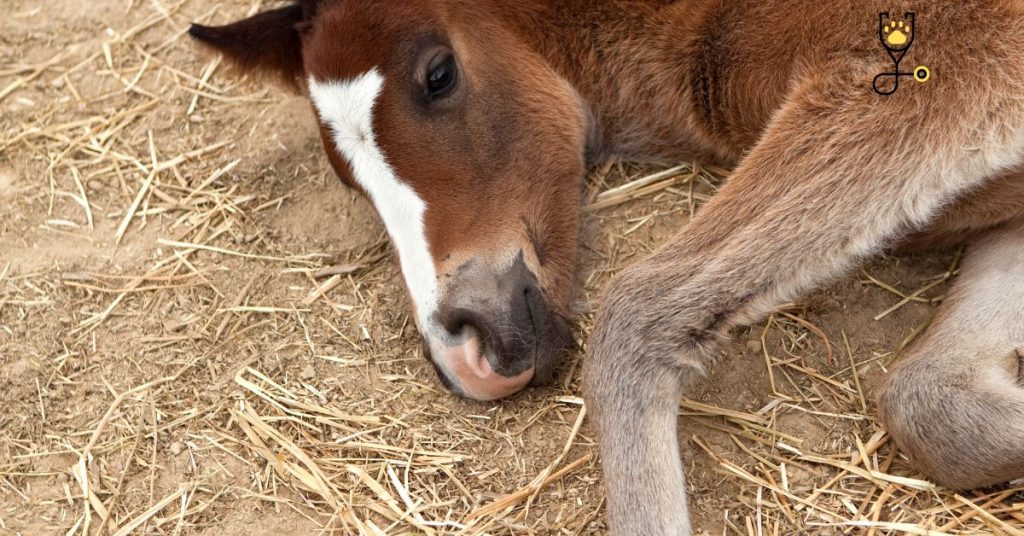
What to do if your foal is sick
If you suspect that your foal may be ill, it is important to take them to the veterinarian as soon as possible. Your vet can help diagnose and treat any health issues that may be present. It is also important to take preventative measures to ensure that your foal stays healthy by providing a balanced diet, regular exercise, and proper veterinary care. If you are concerned about any changes in behavior or appearance in your foal, don’t hesitate to contact a veterinarian for advice. The earlier potential health issues are identified and treated, the better chance your foal has of making a full recovery. Taking good care of your foal will ensure they have a long and happy life!
Conclusion
Caring for a foal requires time, patience, and dedication. You should always make sure to provide your foal with the best nutrition, training, and veterinary care in order to keep them healthy and happy. By following these guidelines you can ensure that your foal has a long, healthy life! The bond between a person and their foal is something that lasts forever; it’s truly magical! With your love and dedication, you can give your foal the best life possible. Enjoy every moment of this special relationship-your foal will thank you for it!
Frequently asked questions
Q: How often should I take my foal to the vet?
A: You should take your foal for regular check-ups and vaccinations in order to ensure their health. Most veterinarians recommend that a foal receives an annual physical exam, as well as periodic dental and hoof care. Additionally, it is important to seek immediate medical attention if you notice any changes in behavior or appearance in your foal.
Q: What type of diet should I feed my foal?
A: A healthy diet is essential for the growth and development of a foal. Ideally, a combination of hay, pasture grasses, grain products, minerals, and vitamins should be provided on a daily basis. Your veterinarian can provide specific dietary advice that is tailored to your foal’s individual needs.
Q: What type of exercise should I give my foal?
A: Exercise is important for keeping your foal healthy and happy. It is recommended that you provide your foal with plenty of turnout time, as well as regular riding or driving sessions in order to promote muscle development and strengthen the bond between you and your horse. As always, make sure to consult a veterinarian before beginning any new training regimen with your foal. Thank you for taking the time to learn about common health issues that may affect your foal! We hope this article has been helpful in educating you on what potential problems may arise with young horses, as well as how to prevent and treat them.
Q: What other information should I know about foal health?
A: It is important to be aware of the potential risks associated with any kind of physical activity involving your foals, such as jumping and race training. Additionally, make sure that you are up-to-date on all vaccinations and deworming schedules for your horse. Finally, monitor your foal’s behavior closely and contact a veterinarian if you notice any changes in their eating habits or energy level. By following these guidelines you can ensure a long and happy life for your beloved foal
Q: How can I create a bond with my foal?
A: Bonding with your foal is important for its physical and mental development. Take time to groom and spend quality time with your horse, as well as provide regular exercise sessions that are tailored to their individual needs. Additionally, introducing activities such as ground obstacles or liberty work can help strengthen the bond between you and your foal. With patience, consistency, and love you will be able to create a strong bond with your horse!
